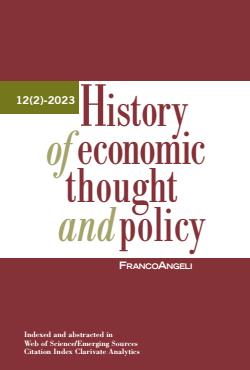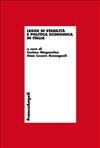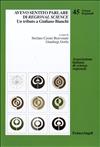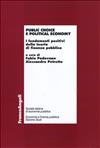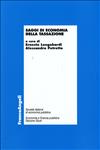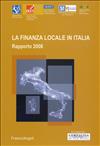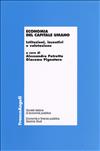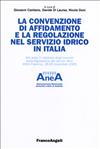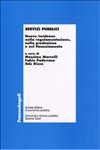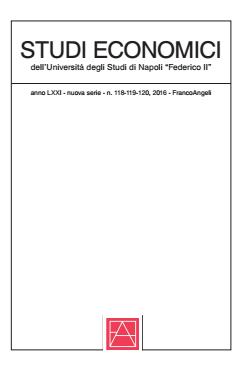
After the Stability and Growth Pact suspension to face the Covid-19 emergency and subsequent financial crisis, a novel fiscal discipline must be designed for the Euro Area. In this short paper, we formally analyze and compare three budget rules and their efficacy in pursuing a reasonable public debt reduction target, explicitly envisaged by them. The rules we refer to are: (a) the structural adjustment toward a budget medium term objective, required by Fiscal Compact discipline; (b) the expenditure rule proposed by European Fiscal Board and (c) the Musgrave Golden rule. By a simple simulation exercise we argue that the rule proposed by EFB seems to be, for a country with a low rate of growth and a high level of public debt, preferable to the other two.
